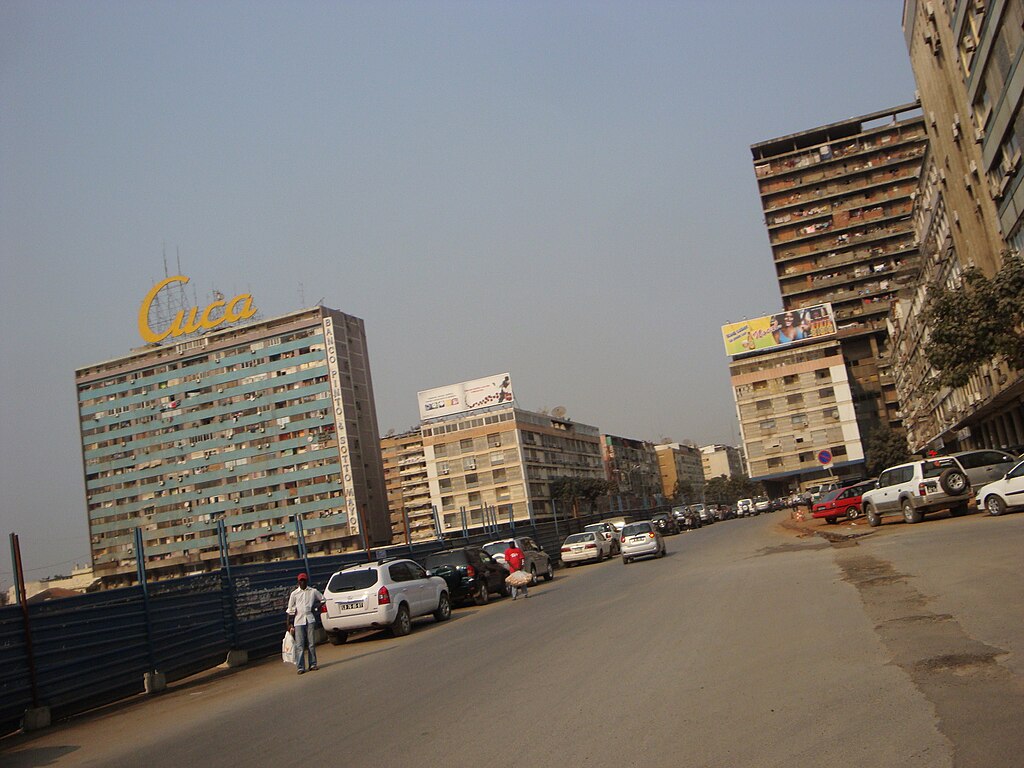Amnesty International has called on Angolan authorities to conduct an independent and impartial investigation into the alleged unlawful killings of 22 people during a three-day national taxi drivers’ strike that began on July 29, 2025.
In a statement released on Friday, the organization condemned the use of excessive and lethal force by security forces against protesters, some of whom were reportedly unarmed and posed no threat. Amnesty stressed that the killings, injuries and mass arrests constituted serious human rights violations that demand accountability and justice for the victims.
The strike was triggered by a sharp increase in diesel prices after the government moved to phase out long-standing fuel subsidies. This abrupt change placed significant pressure on Angola’s informal transport sector, particularly among candongueiros—independent taxi drivers—who rely on low fuel prices to maintain their livelihoods. In response, the National Union of Taxi Drivers organized a large-scale work stoppage, resulting in major service disruptions and widespread road blockades in cities such as Luanda, Huambo, and Benguela.
What began as peaceful demonstrations quickly escalated after the government deployed police and military forces to suppress the unrest. Authorities reported that the protests had turned violent, citing instances of looting and destruction of property. However, many witnesses and local organizations have described the police response as indiscriminate and heavy-handed. Security forces allegedly fired on protesters, raided homes without warrants, and arrested hundreds of people without explanation. Official figures confirmed at least 22 people killed, 197 injured, and over 1,200 arrested.
This violent crackdown is part of a broader pattern of excessive force by Angolan police. In past years, security forces have been documented firing live ammunition at peaceful demonstrators, conducting mass arrests, and intimidating civil society groups. Rights monitors have long warned that police impunity is rampant, and that abusive practices are often tolerated or overlooked by higher authorities. A recent report by Human Rights Watch highlighted the government’s failure to investigate police violence and its erosion of public trust in law enforcement institutions.
Legal experts and international observers have raised concerns about Angola’s repeated violations of constitutional and international human rights obligations. The right to protest and freedom of expression are protected under the law, yet security forces continue to target individuals engaged in peaceful dissent. Legal scholars and advocacy groups have condemned these actions as unconstitutional and called for stronger safeguards against abuse. As highlighted in recent legal analyses, the government’s approach risks normalizing repression and silencing critical voices.
Amnesty International is urging the Angolan government to immediately release all individuals detained solely for participating in peaceful protests, provide reparations to victims and their families, and prosecute those responsible for unlawful killings and misconduct. Without accountability and reform, the organization warns, Angola will continue to experience cycles of state violence and public mistrust.


